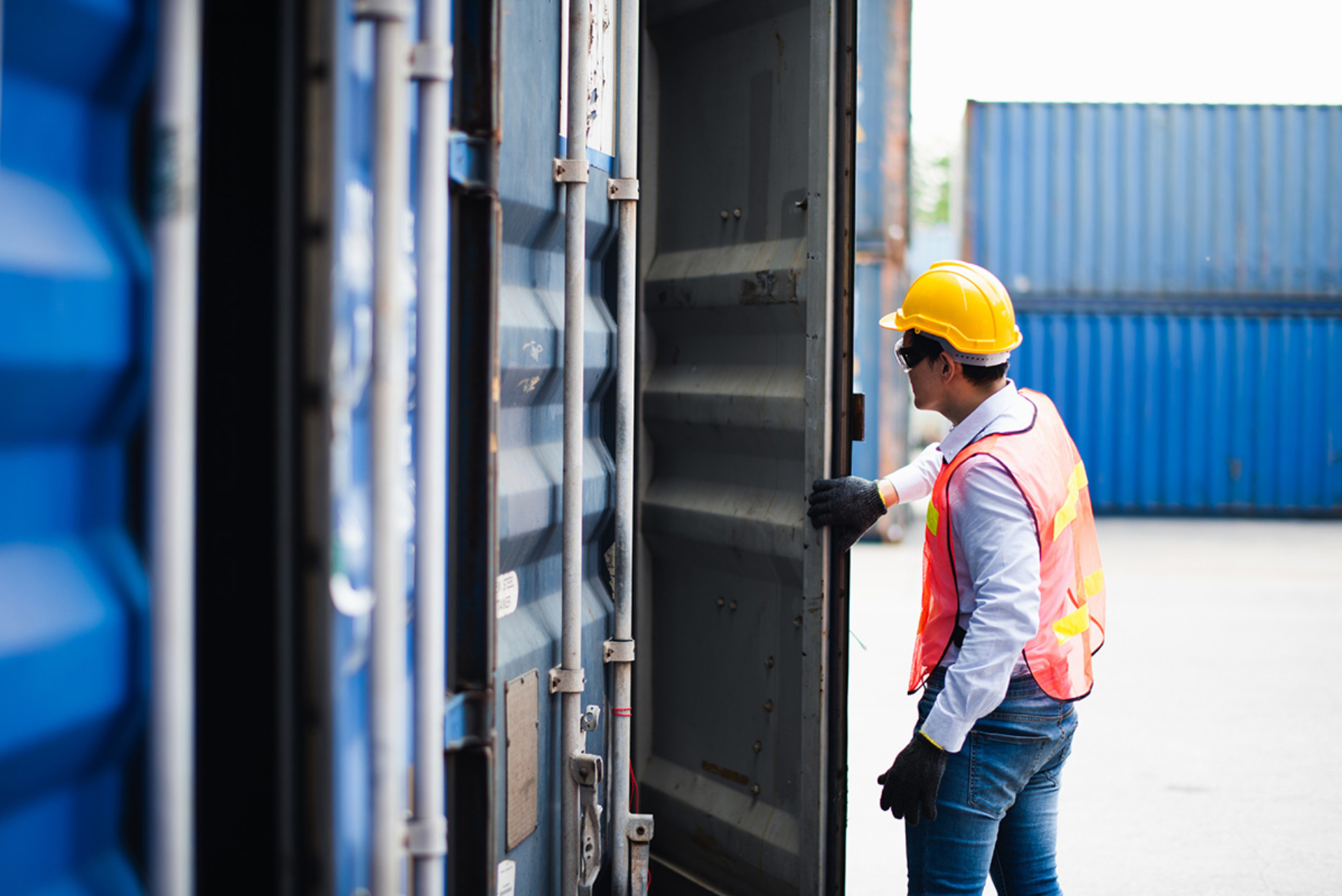Story by
Johnny McCord
Tags /
- Business
- Global
- Logistics
- Strategy
As the Russia-Ukraine War crosses the six-month mark, the secondary economic and logistical impacts begin to emerge. In response to the conflict, a large number of countries have put significant Russian sanctions in place, with nations like the US, Canada, Japan, and the majority of the EU moving quickly to restrict trade. But what do these sanctions – as well as the large-scale devastation of Ukraine and its economy – mean for global supply chains?
How reliant are we on Russian goods and services?
According to supply chain software firm Interos, there are more than 2,100 firms in the US that rely on Russian suppliers, and 1,200 EU companies with the same problem. Meanwhile, the official EU sanctions map states that restrictions are currently covering the following sectors:
- Financial measures
- Arms imports and exports
- Restrictions on services
- Restrictions on goods
- Coal and other solid fossil fuels
- Crude oil
- Iron and steel
- Aviation or the space industry
Added to this, the export and import of crops and materials that originate in Ukraine is in question, with much of this rendered impossible due to the ongoing combat, and substantial structural and agricultural damage.
In short, the global supply chain is facing an unprecedented level of disruption in 2022. With no indication of when the war will end, it’s vital that the industry is equipped for the consequences.
What long-term consequences should we expect?
- Depleted availability of certain goods. Perhaps one of the biggest issues the global population will face is the decreased availability of crops and raw materials that originate in these two countries. For example, Russia is the third-largest producer of wheat in the world, while Ukraine is the eighth, and we’re yet to see how this may impact the poorer countries which rely on this supply.
- Rising fuel and oil prices. Shippers and carriers are already feeling the pinch of steadily increasing fuel and oil costs. But as the war progresses, this is likely to shift onto businesses too, and there’ll be a corresponding increase in product prices to try and sustain profit levels.
- Limited air cargo. Imports and exports are also being affected by the restrictions on air cargo. America has banned any Russian aircraft from landing on US soil, as have several EU countries, which hugely depletes air cargo capacity, and means many firms will have to find alternative routes or means of transportation.
- Impacted shipping routes. Similarly, popular shipping routes that cover at-risk ground in Ukraine and Russia have and will continue to change. This could mean considerable delays, increased fuel costs if a longer route is required, or sourcing a different supplier altogether.
- Challenges exporting to Russia. On the other hand, suppliers who rely on the Russian customer base are also struggling, as stricter compliance requirements are implemented in Western countries. The goalposts for businesses exporting goods to Russia now look very different, so many firms are losing a considerable portion of their revenue.
How can businesses prepare for this?
Whether you’re a supplier or a logistics provider, protecting your company from the upheaval caused by the war will be crucial over the coming months. With that in mind, here’s a handful of steps you can take to minimize disruption and loss:
- Factor delays into your timescale. With so many unpredictable factors at play, you may need to rethink your procurement and delivery schedule.
- Leave breathing room for sudden issues, and if possible try not to depend on strict deadlines.
- Build a bank of other suppliers. If trade with your Russian or Ukraine suppliers isn’t already hampered, it could be compromised at any point. You can prepare for this by researching and sourcing quotes from alternative suppliers.
- Budget for disruption. At some point, you’re likely to run into surprise costs. Now’s the time to get ahead of this and explore methods for reducing your outgoings, or building out a budget to ensure you can survive any unforeseen expenses.
- Insure your cargo. This is one of the quickest, simplest ways to protect your firm from unforeseen losses. Thankfully this is no longer a slow, frustrating process – with technology like ours you can have near-instant access to an insurance certificate, with accurate pricing based on real-time risk profiles.
Keen to learn more about supply chain disruption? Find out what other 2022 supply chain trends to look out for over on our blog, or contact us today to get started with Loadsure.
